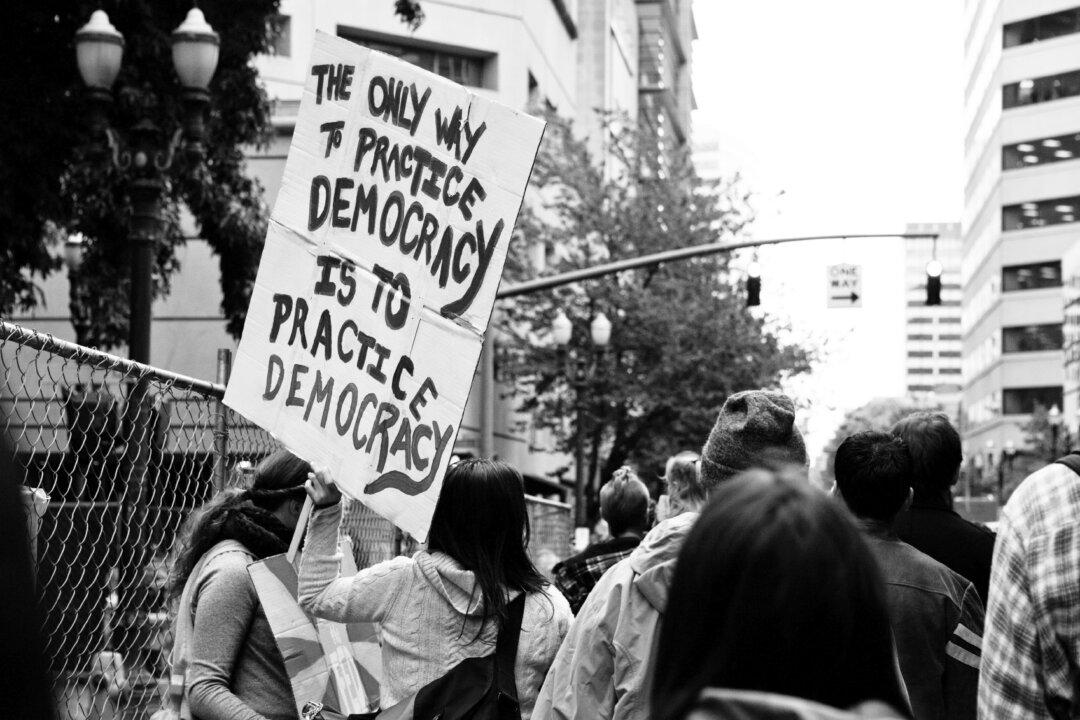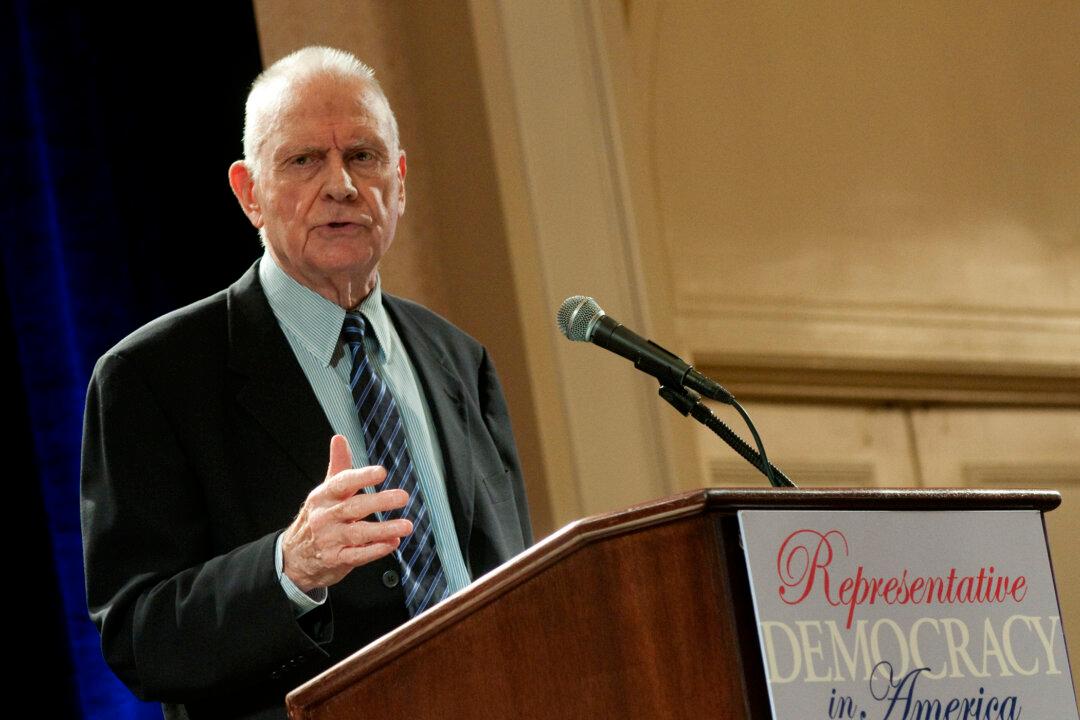These are very unhappy times in Washington. Relations between the executive and legislative branches are not just sour, but corrosive. The Republican-led Senate has declared it will simply ignore a presidential nomination to the Supreme Court. Both houses have announced that they will flout a tradition going back to the 1970s, and refuse to hold a hearing for the president’s budget director to present the White House’s federal budget proposal. Partisan paralysis and game-playing on Capitol Hill have become a hallmark of these times, as has the evident distaste our nation’s leaders feel for one another.
It would be understandable to give in to despair, and a lot of Americans have done so. I have not, and for a simple reason: In our system there is always hope. Why? Because our representative democracy rests finally not on what politicians in Washington or in our state capitals do, but on what our citizens do.




